AARP Hearing Center


PROLOGUE
My mother singing. That’s one thing I remember.
“Molly Malone,” “Red Is the Rose,” “Danny Boy.” She likes what she calls the “rebel songs,” songs that tell stories: “The Rising of the Moon,” “The Wind That Shakes the Barley,” “The Foggy Dew,” “Come Out Ye Black and Tans.” I like these too. Her thumb rubs soft circles on the back of my hand when she sings to me at bedtime.
I remember my cousin Erin in patches of color, light, sound, and scent. My Erin. Erin, fast and laughing. Erin, running, disappearing around a corner. Erin shrieking. The warm yellow smell of Erin when we sit close together.
My father carrying me out of the car to bed, the laundry smell of his shirt collar. The soft voice of my grandmother Nellie, my Nan, her warm, purple, lavender hand cream smell, the way she swirls hot water in her white china teapot and says Mo ghrá. My love. She tells Erin and me about her girlhood in Ireland, a friend named Ellen and a cat with three legs and a spilled can of paint. Erin’s elbows and knees sharp against me in bed when she has to sleep over because Uncle Danny’s working late.
Chocolate pudding for dessert, a treat, the sharp starchy taste of it, the warm skin on top, the cold metal taste of my spoon. Eating it outside in the backyard, Erin and I saving the skin for last.
The first time Erin disappears, it’s summer, a fan whirring on my desk by the screen window, hot, wet air drifting in from the beach, the sun baking the driveway outside. I wake up to find her gone, the top sheet on her side of my bed peeled back, the bottom sheet still warm and rumpled.
No Erin downstairs. When my mom realizes she’s not in the house, she runs up to Uncle Danny’s, her face pressed in worry. I follow behind in my nightgown, my feet hopping on the already hot asphalt. Uncle Danny stumbles out of bed, still smelling of the bar, cigarettes and the sharp dusty smell of the basement. He can’t find her and suddenly, everyone is running down to the beach, checking the water, neighbor moms coming out of their houses in bathrobes, holding cups of coffee, their feet bare.
The grown-ups are yelling and running, spreading out on the beach, but it’s me who finally finds the line of shells and rocks she’s dropped on the far side of the pavilion. I follow them, counting, until I see the top of her head, hiding in the lifeguard dinghy. When she hears me, she sits up and grins. Her nightgown is polyester pink and yellow, Easter colors. Her hair is wavy in the humid air. The summer has already brought up the freckles on her nose and cheeks.
“You found me, Maggie,” she says. “I knew you’d find me.”
Chapter 1
Tuesday, May 24, 2016
UNCLE DANNY IS CALLING from the bar. I can hear the sound of glasses clinking as he stacks them from the dishwasher. My phone says 3:04 a.m.
“You there, Mags?” he asks. Clink. Clink. I can see him, unloading highballs from the racks, one, two, three, four. Next row. One, two, three, four. I can see the shiny wood of the bar, the damp towel over his shoulder.
“Yeah. Uncle Danny? Everything okay?”
“Maggie, baby, I was gonna call before but it was busy tonight and I didn’t want to, you know, the guys was there. Clyde, you know, the divorce got whaddyacallit, finalized yesterday. He needed to drink.”
I let him talk. He’ll get around to it. It always takes Uncle Danny a few sentences to warm up to his story, the anecdotes a slow first mile, his Long Island accent getting even thicker as he settles into his tale.
“I got the message when I got in. On the bar phone. Byrne. That’s the guy, right? The one who updates us.”
I’m wide awake now, scrambling for the light on the bedside table.
“What’d he say, Uncle Danny? What?” My bedroom is suddenly filled with yellow light. I shut my eyes tight for a moment before opening them slowly, letting them adjust.
“I don’t know. I didn’t talk to him. He left a message. On the phone here at the bar. It was just, ya know, ‘Mr. Flaherty, this is Detective Roland Byrne with the Irish police whateveryacallit, the Guards whatever.’ ”
“Garda Síochána.” I remember the pronunciation. Garda Shee-uh-cahna. Guardians of the Peace.
“Yeah. He just said I should call him as soon as I got the message.”
“Nothing else?”
“Nothing else. Whaddya think, Mags? Ya think they found her?” I can hear him starting to choke up. He has high blood pressure, a failing heart. I can’t let him get too worked up.
“I don’t know, Uncle Danny. I don’t know. Don’t get all ... Let’s wait till you talk to him.”
He takes a great big raspy breath, trying to calm down. “You gotta call him, baby. You gotta call him. You know him and I can’t take it. I can’t take the stress. You gotta do it for me.”
I check my clock again, do the math. “It’s three,” I say. “Over there it’s eight a.m. He’s probably not in yet. Is it the cell or office line?”
“Both. He left both.”
“Okay. I’m heading over. Stay at the bar. I’ll be right there.”
Clink, clink, clink. “Thanks, Mags. Thanks, baby.”
I dress, let the cat out, leave Lilly a note on the kitchen table: Went to help Uncle Danny with something. If I’m not back, have a good day at school. EAT BREAKFAST!!!! I’ll see you later. Your dad is picking you up after track and bringing you back. See if he can stay for dinner. EAT BREAKFAST!!!!
The night air coming off the beach is wet and salty and full of spring. I open my car windows to breathe it in and hug the Shore Road, keeping the water to my right all the way to 25A. I’m used to being out late at night for work, but it feels strange to be out going to see Uncle Danny. The border between night and morning is quiet, the streetlights lining up in a yellow row. Town’s empty. On a Friday or Saturday, there’d still be a few stragglers making their drunken way down from the clubs on New York Avenue. But early Tuesday morning, even the drinkers are home in bed. The breeze blows litter across the sidewalks. There’s no moon and the sky is blue dark, not a sliver of light above the horizon. It’s 3:27, 8:27 in Dublin. I try to remember Roly Byrne’s face and get a cubist amalgamation of features: Blond hair. Small, brilliantly blue eyes. Sharp face. Needed to be on the move. Needed to keep things interesting. Roly Byrne.
I almost smile. He’ll be up.
Uncle Danny’s Toyota is the only other car in the lot at Flaherty’s and I pull in close and go in through the back door, past a pile of cigarette butts and what looks like an old pool of vomit.
He’s still behind the bar, wiping it down. The radio’s on, some ’80s station, Billy Joel singing “You May Be Right,” and the only lights in the whole place are up over his head, making the seating area look like a dark ocean and Uncle Danny a tall hunched figure in a boat of light. The old cordless phone is sitting in the exact center of the bar. He has a smartphone but he doesn’t like it.
“Hey,” I say, coming up behind him to stand with him in front of the phone. He picks it up and pushes a few buttons, passes the handset to me. I listen to the familiar voice say, “Mr. Flaherty. This is Detective Inspector Roland Byrne ringing from the Garda National Bureau of Criminal Investigation in Dublin. I would appreciate it if you would give me a shout as soon as possible.” He gives the numbers. I gesture for a pen and Uncle Danny shows me he’s already written them down. I hang up and think for a moment. Twenty-three years. My cousin Erin has been missing for twenty-three years and now Roly Byrne is calling us to say he wants to talk “as soon as possible.” Either they’ve found something—a body, I force myself to think, or remains—or there’s a suspect, some guy who was trying to get a reduced sentence by admitting to earlier crimes or a witness who hadn’t wanted to talk to anyone way back when but wants to come clean now.
Roly’s voice opens up the filing cabinet for the case in my brain and suddenly the names come flooding out like they’ve been waiting for me: Gary Curran, Hacky O’Hanrahan, Emer Nolan, Daisy Nugent, Niall Deasey, Conor Kearney ... Conor Kearney. I take a deep breath, mentally shutting the file drawers. This isn’t the time. Instead I look up at the framed photographs and posters on the walls of the bar: Bobby Sands, Gerry Adams, the tricolor, a framed copy of Yeats’s “Easter, 1916,” some newer stuff too: a Michael Collins movie poster, a signed and framed Dropkick Murphys album. The standard American Irish bar kit.
“Okay, give me the paper.” I dial the cell number. I don’t have to look up the country code for Ireland. I remember. For some reason I don’t want to do it on my cell.
He answers on the third ring. “Byrne here.”
“It’s Maggie. Maggie D’arcy. Uh, my uncle, uh, Daniel Flaherty, asked me to return your call.”


























































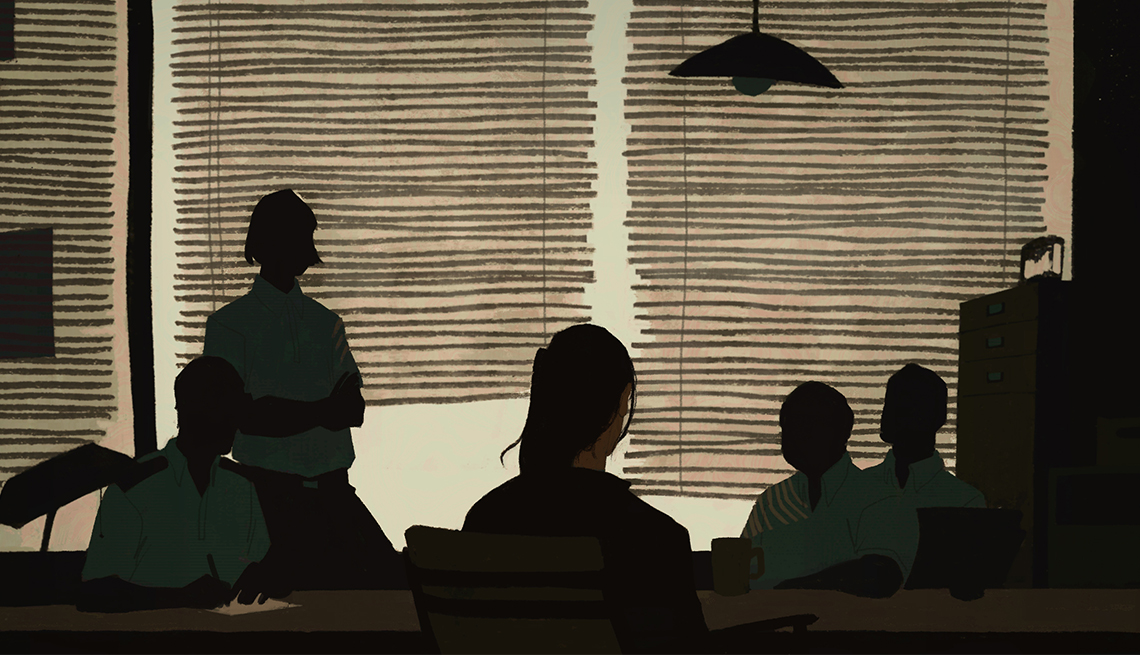
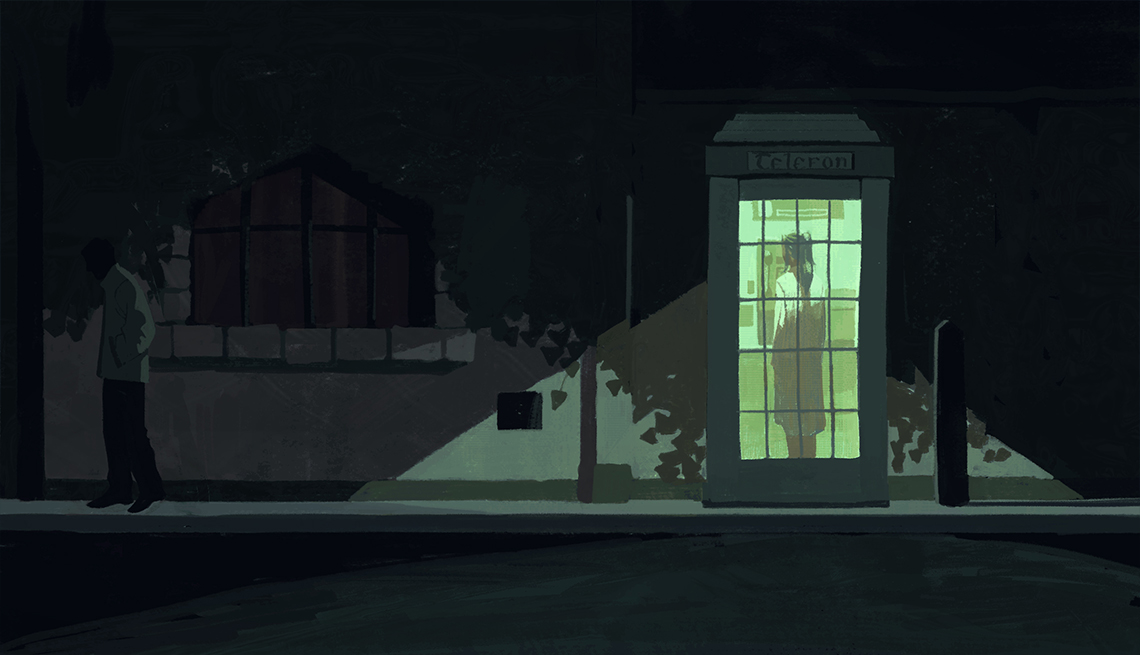
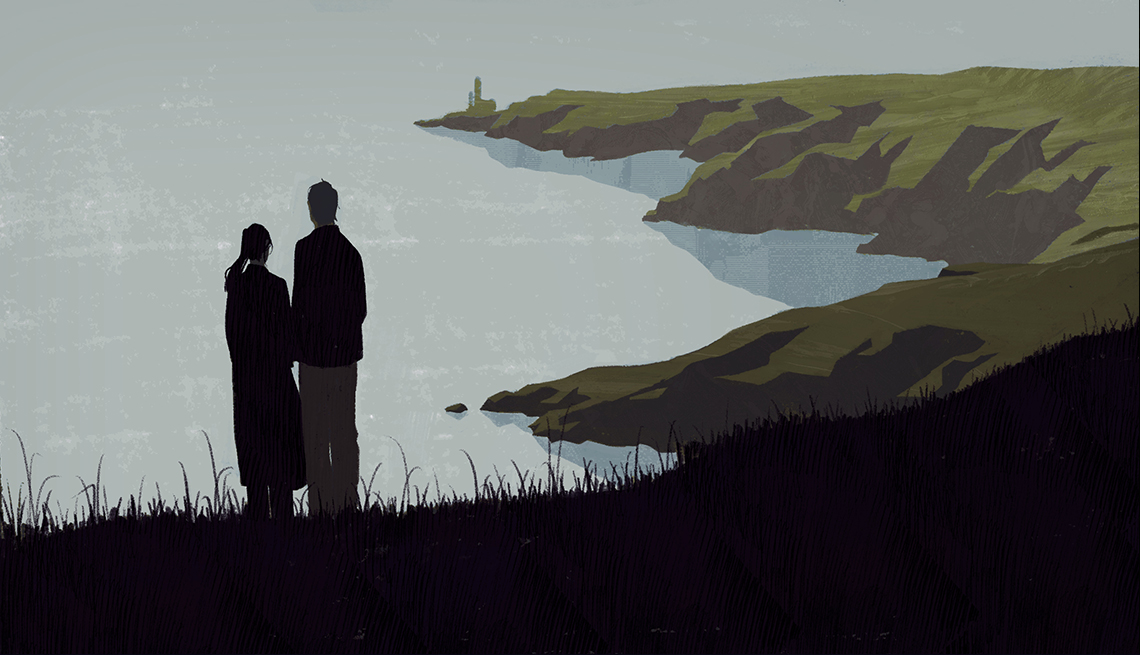
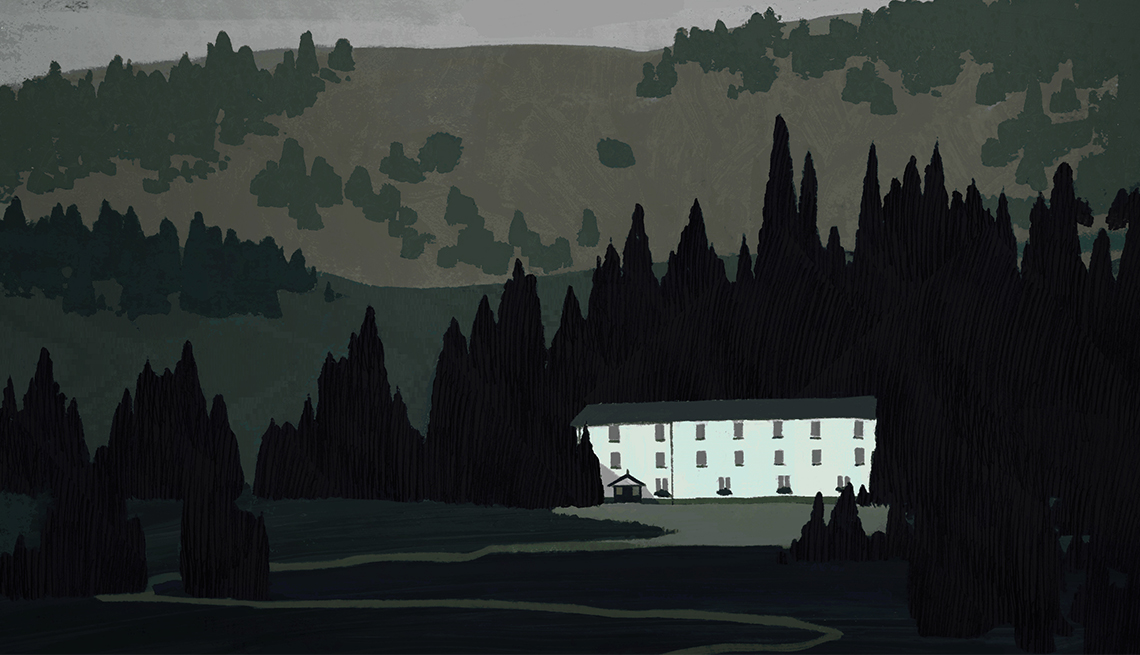
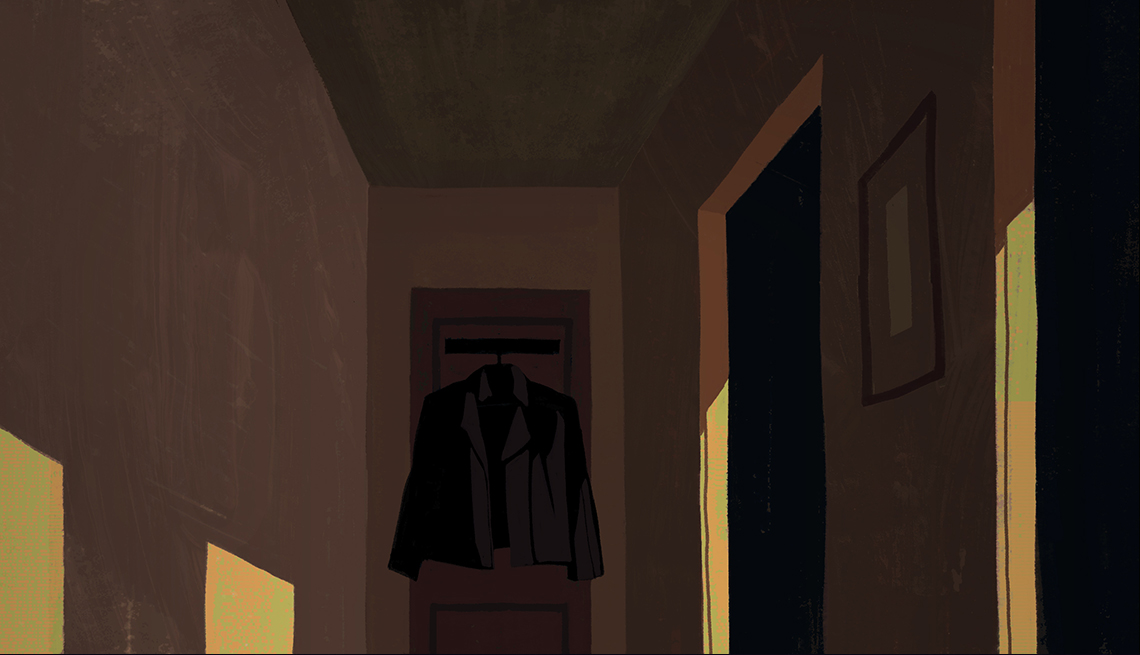
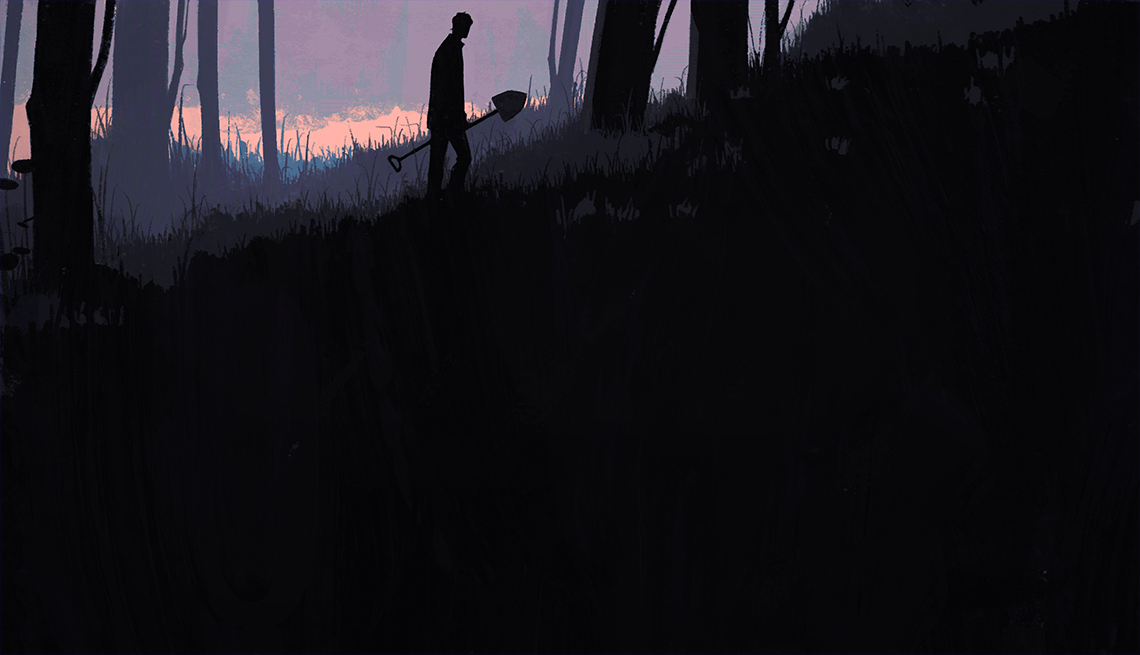
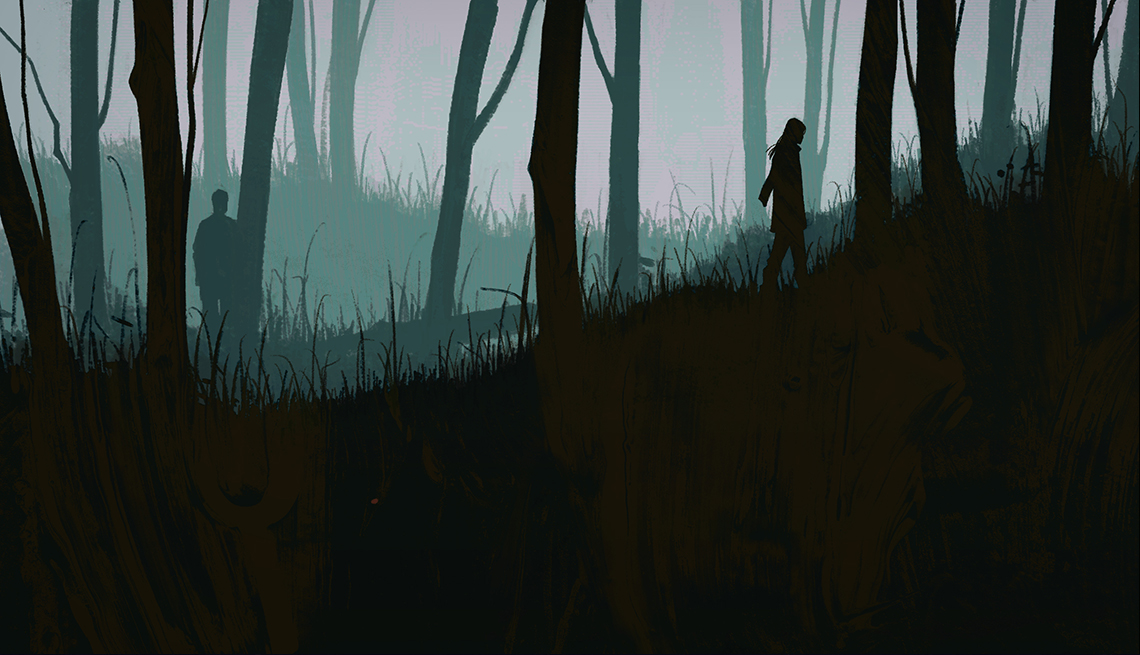
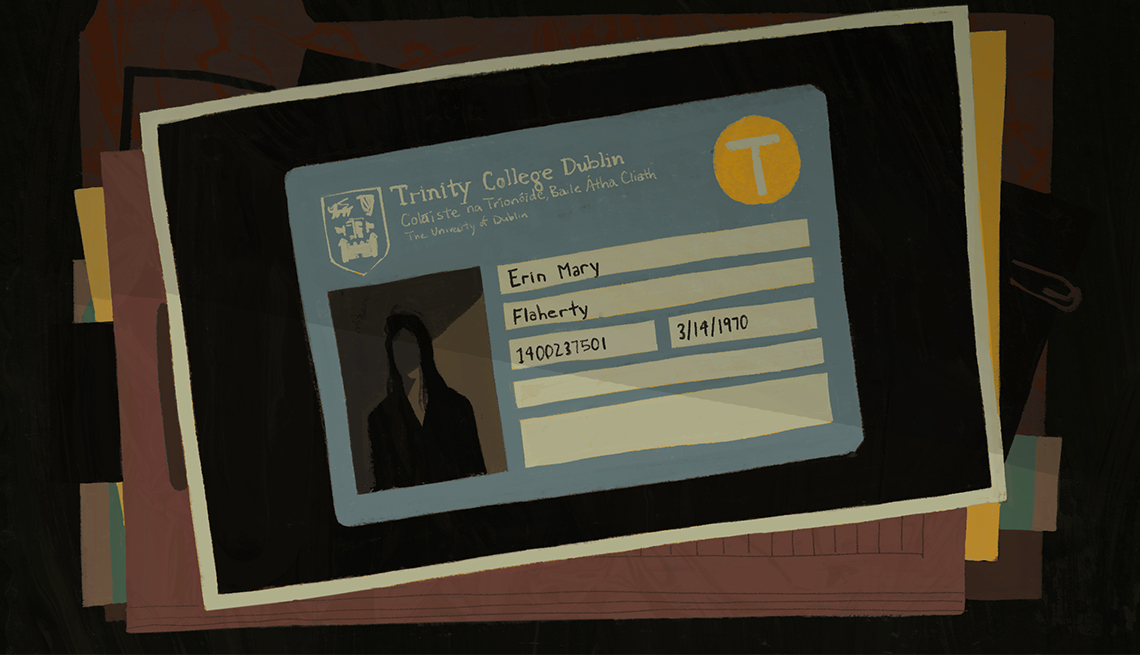
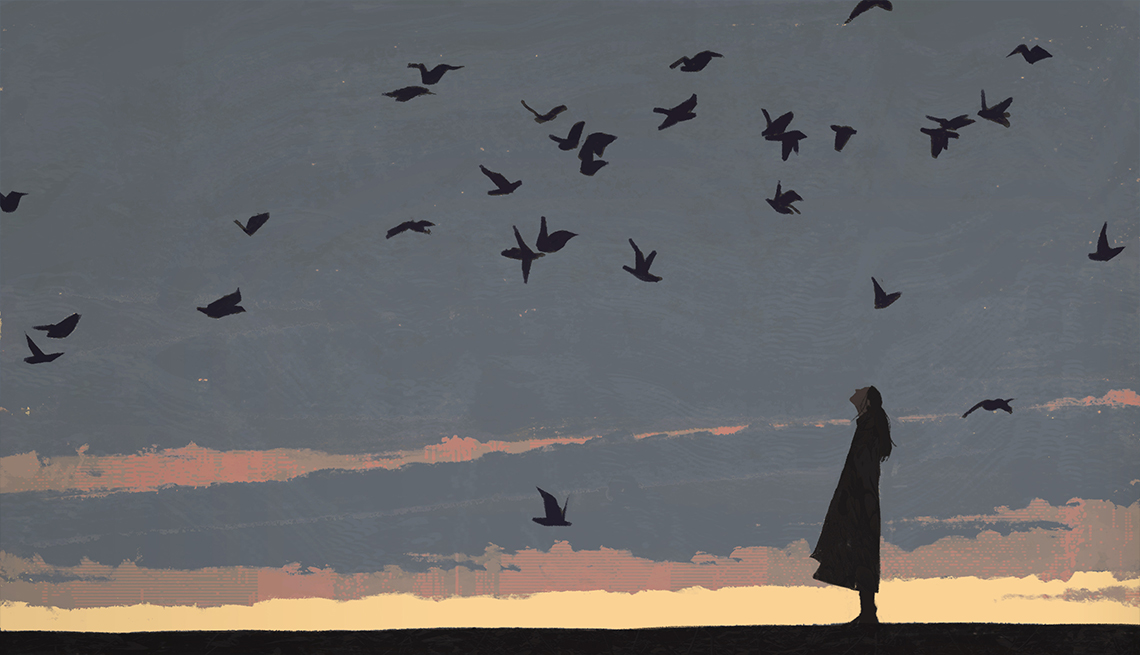
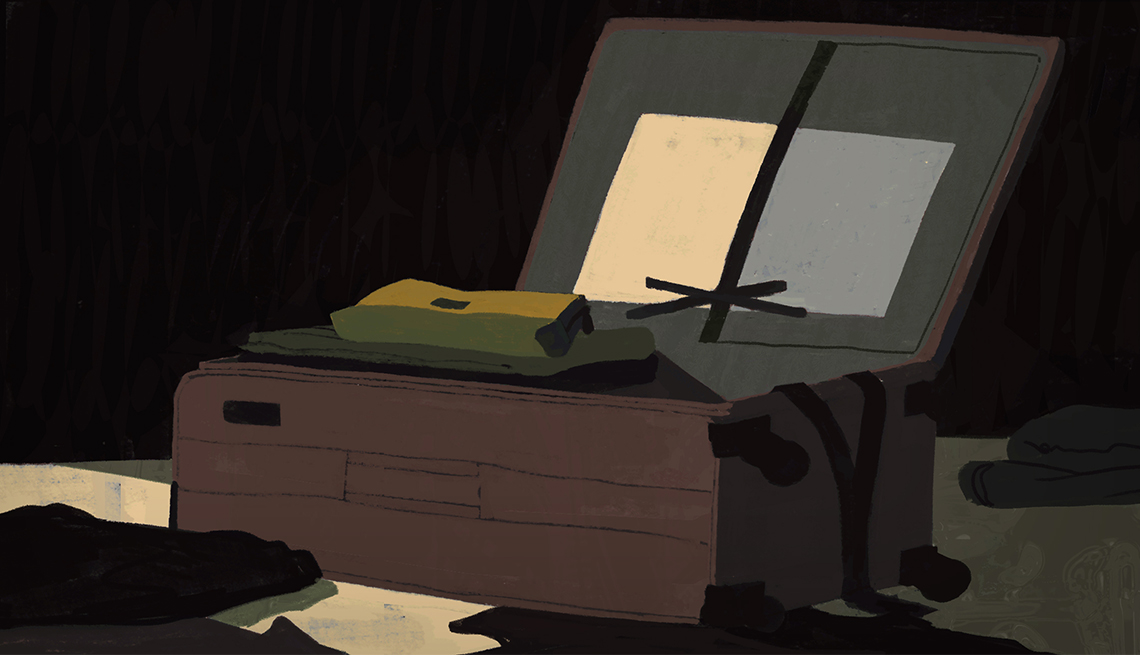
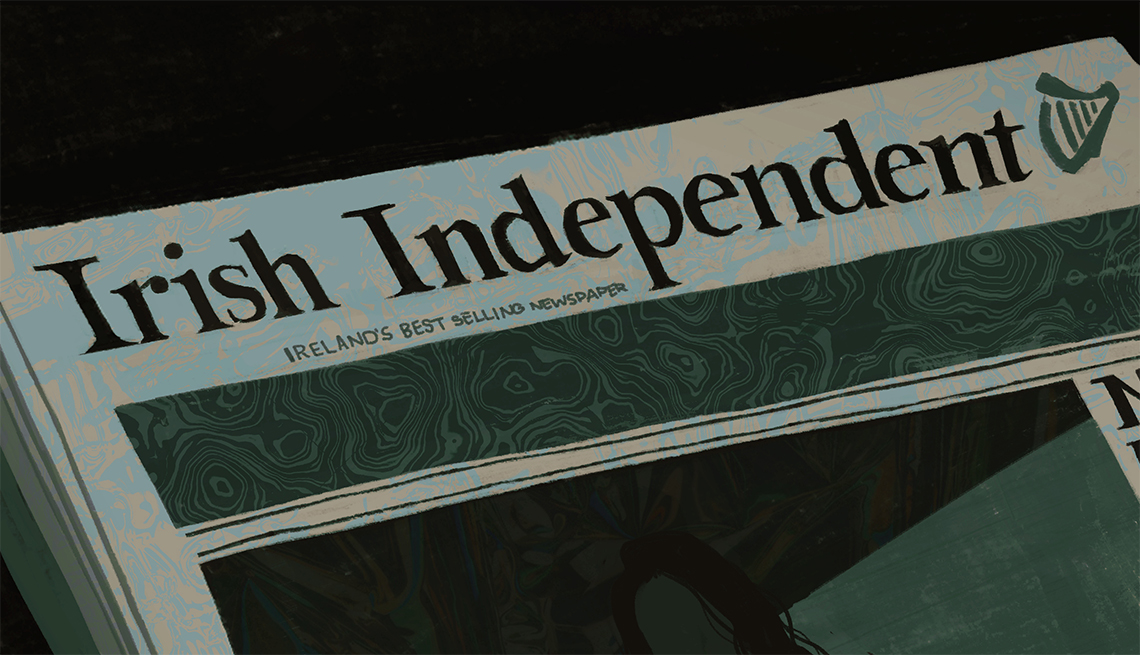
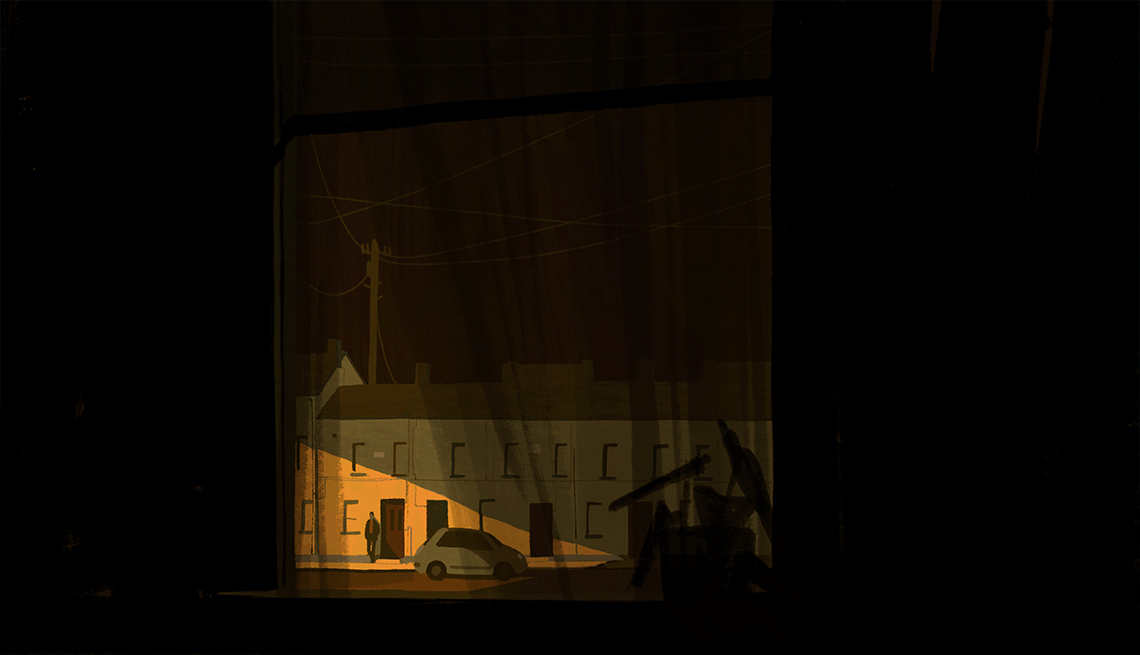
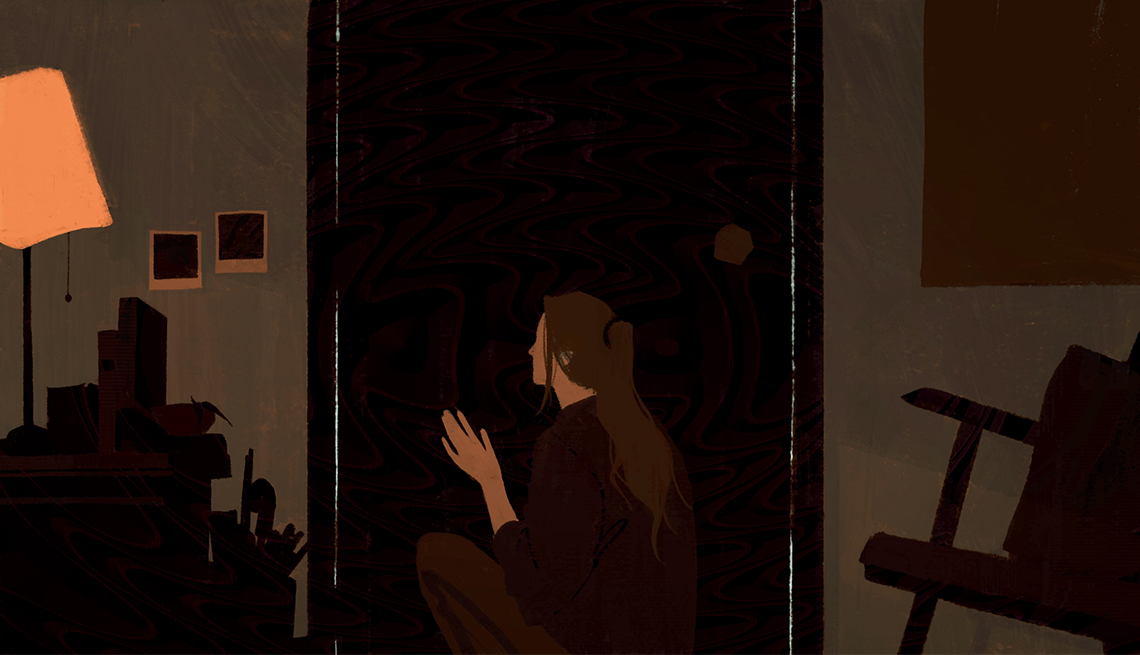
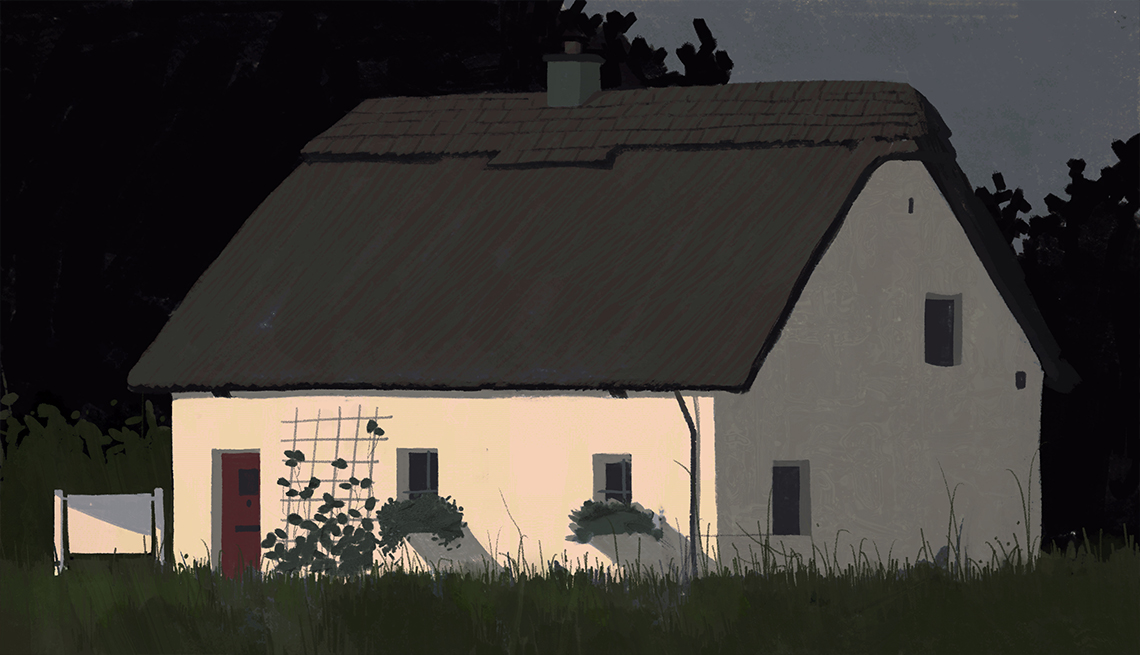
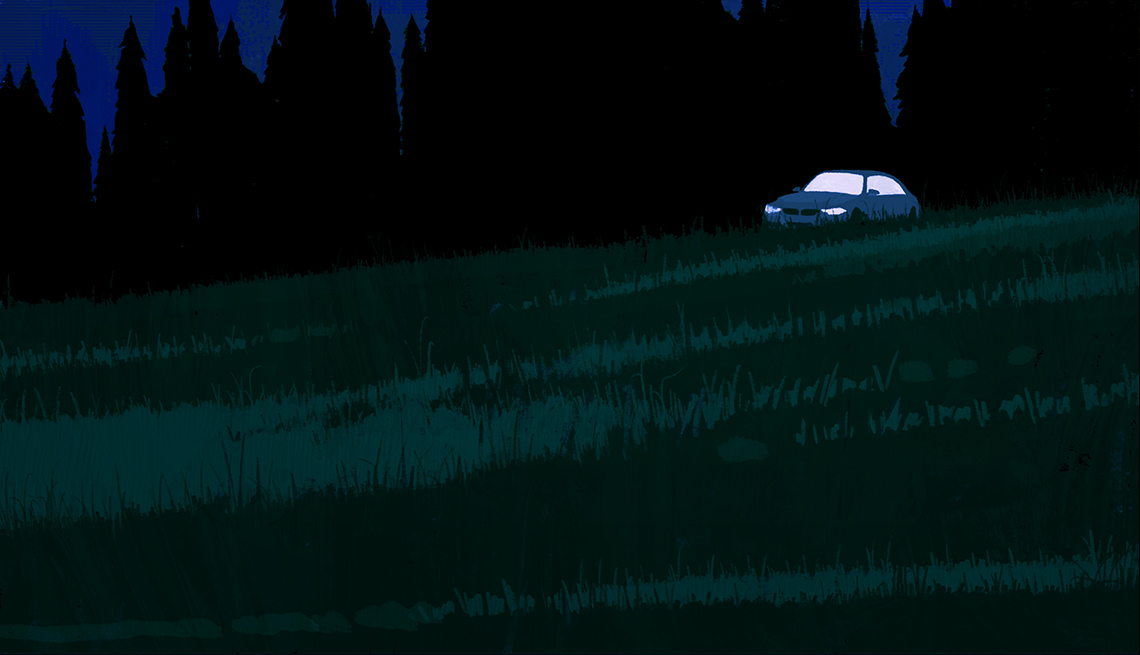
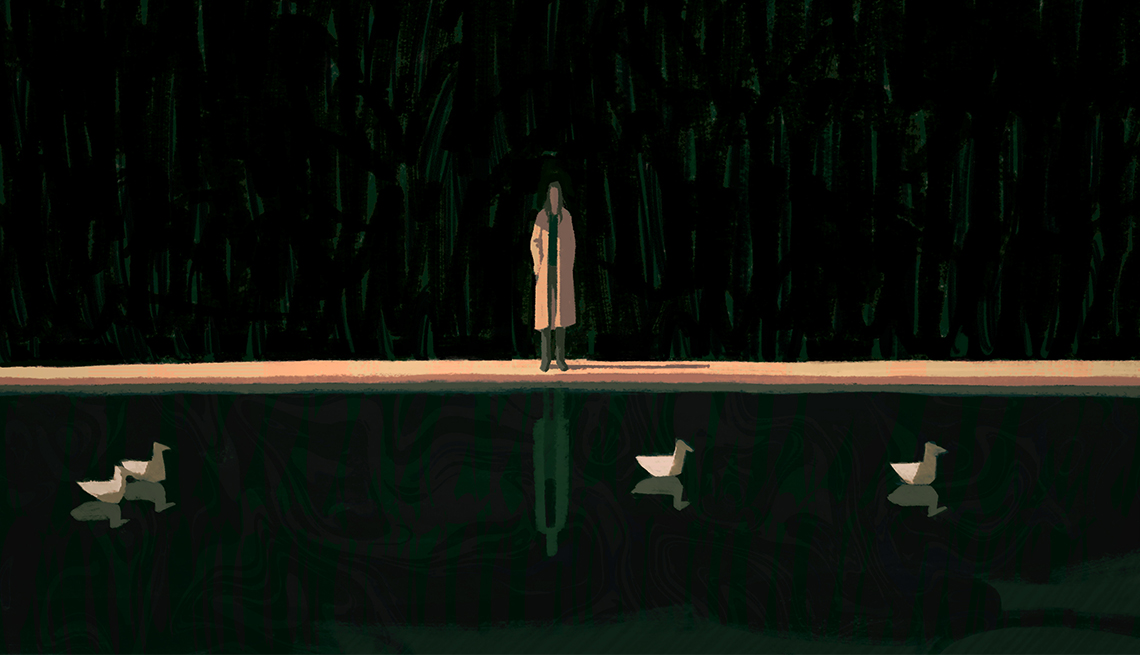
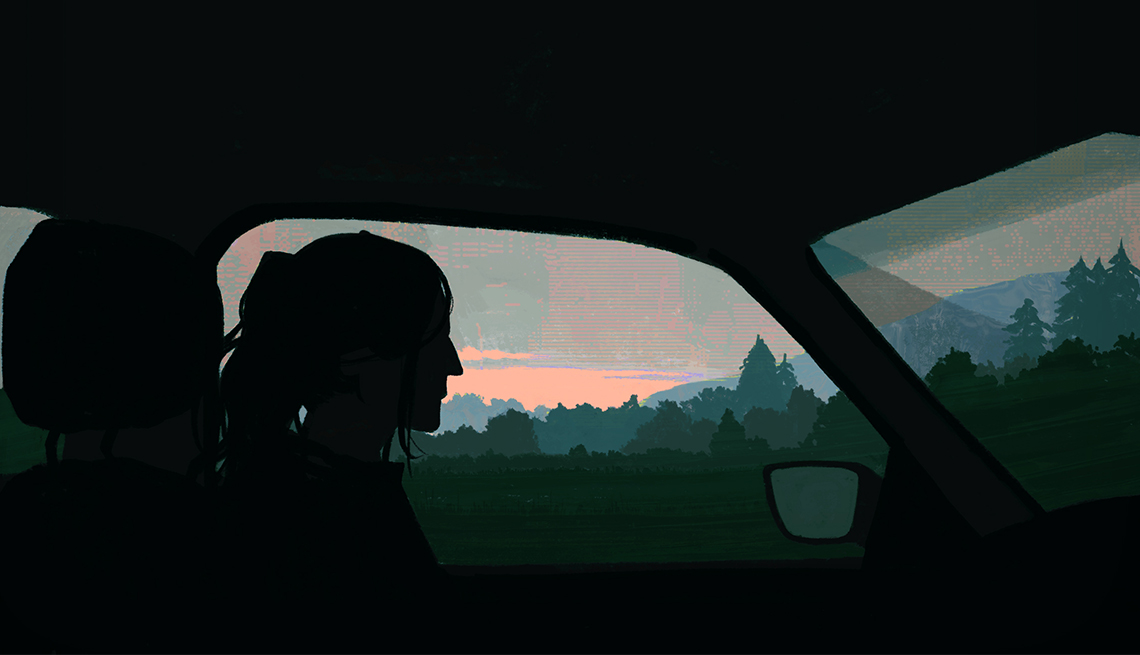
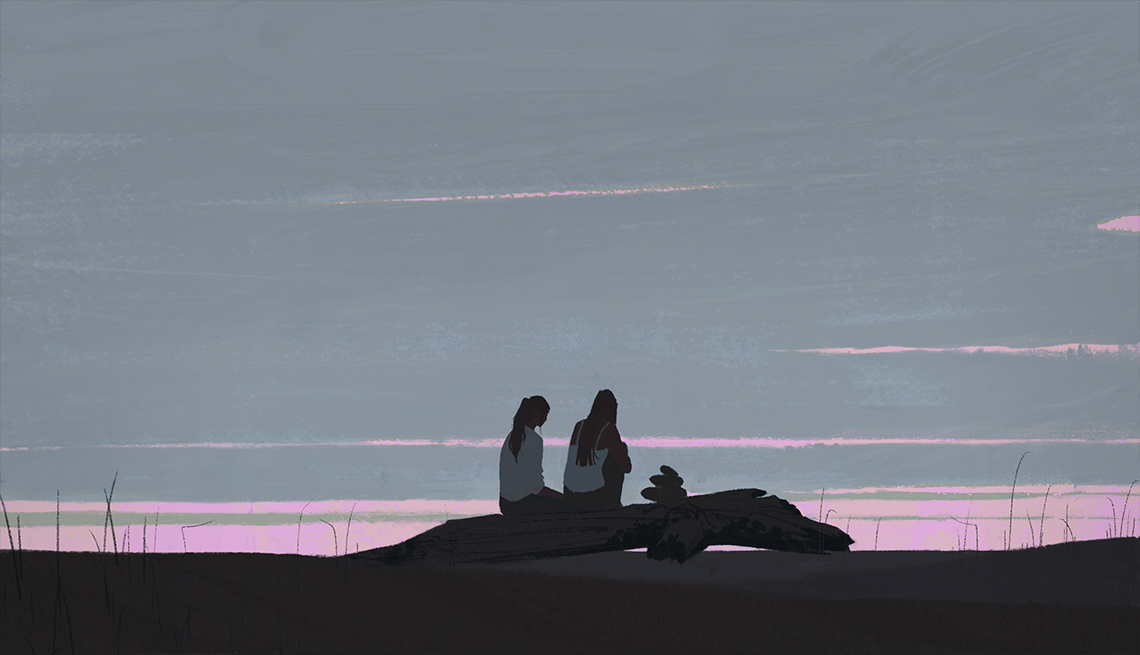
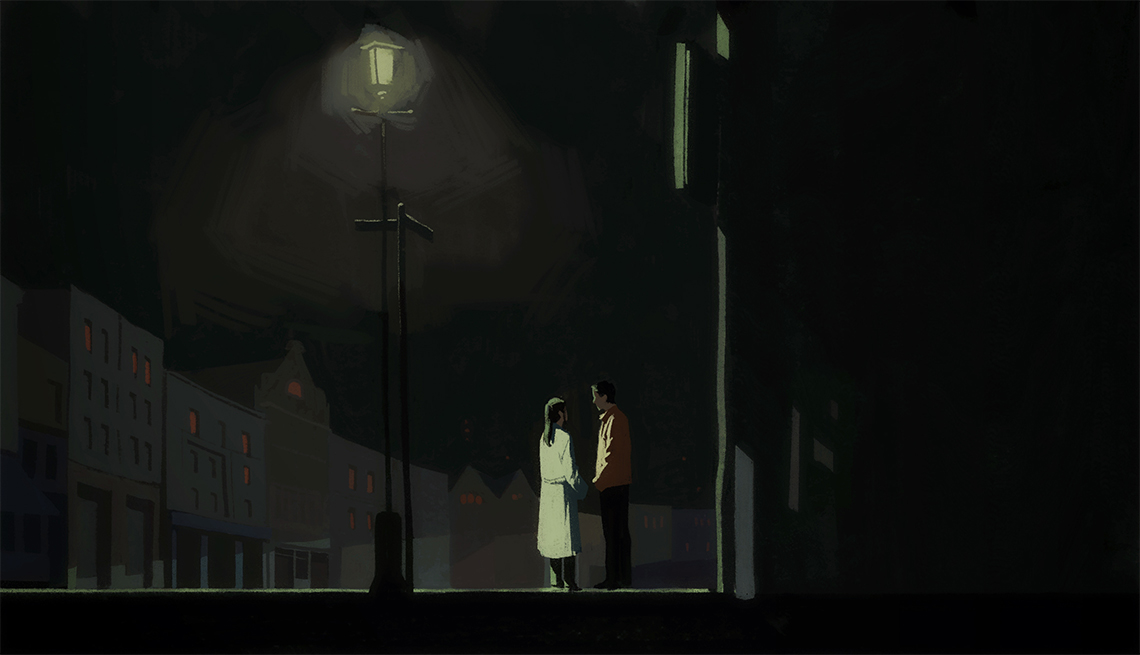
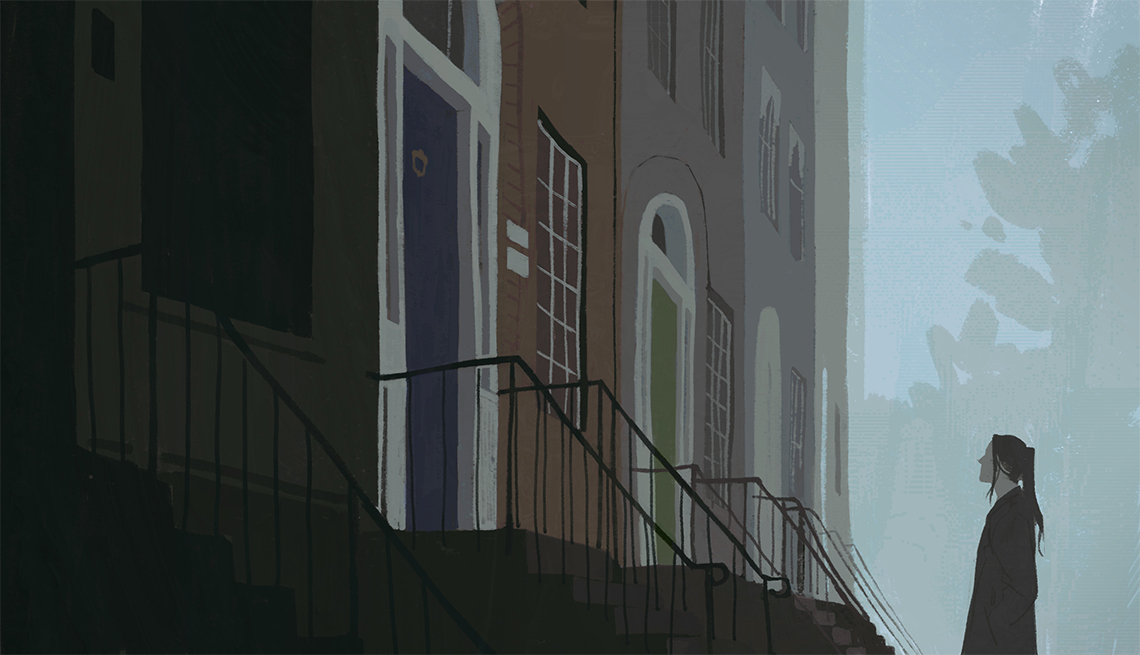
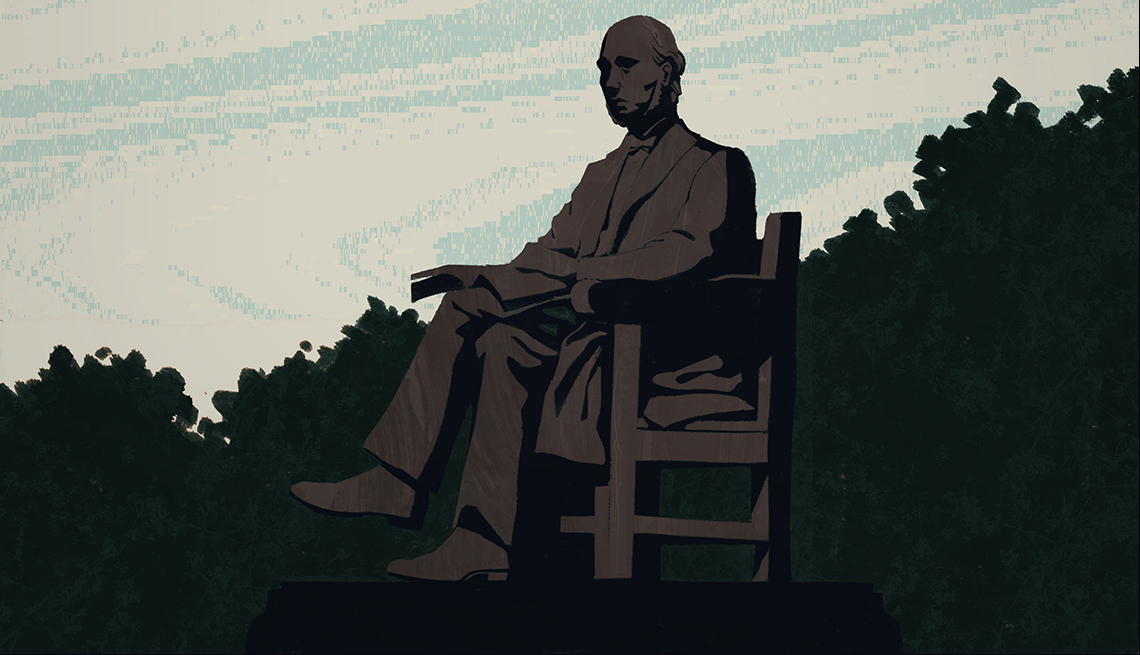
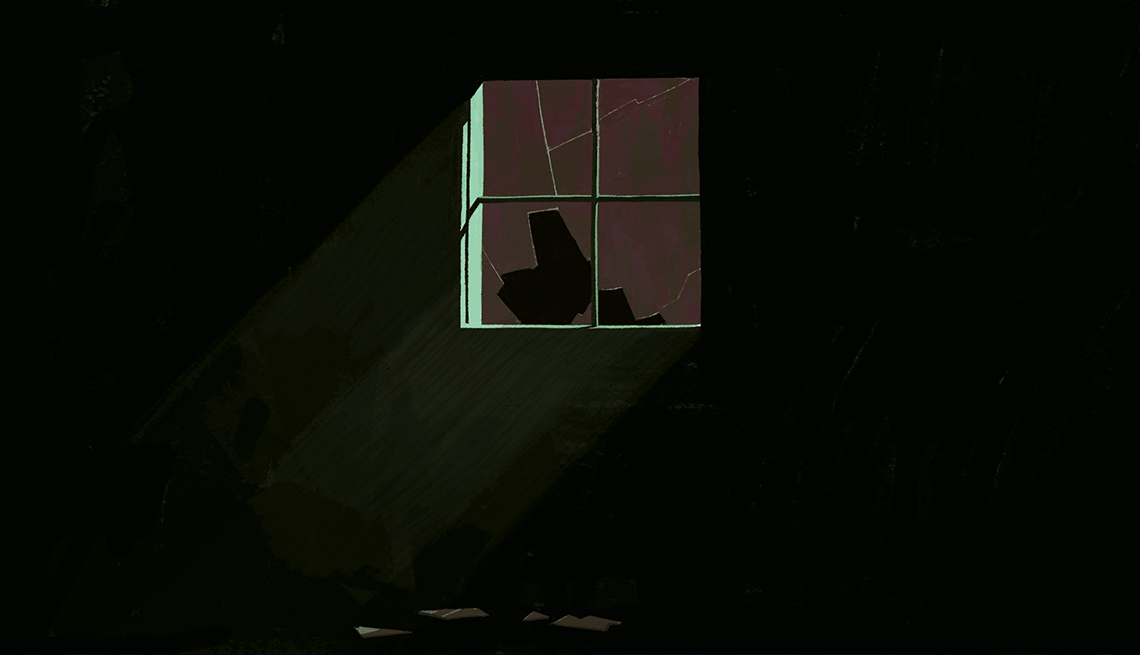
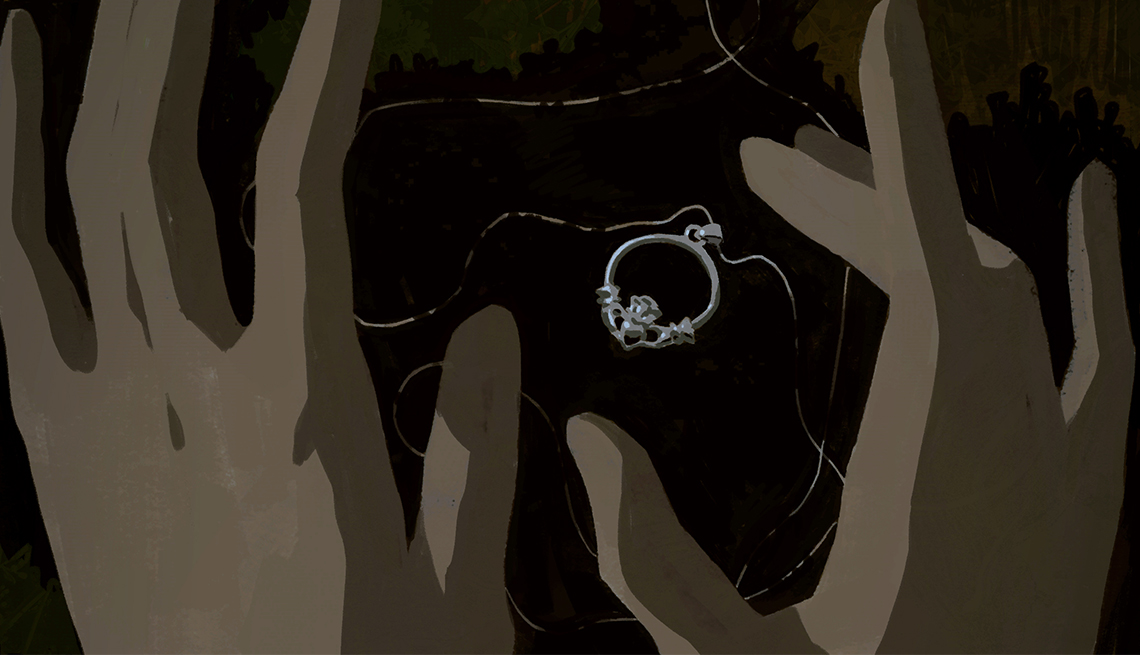
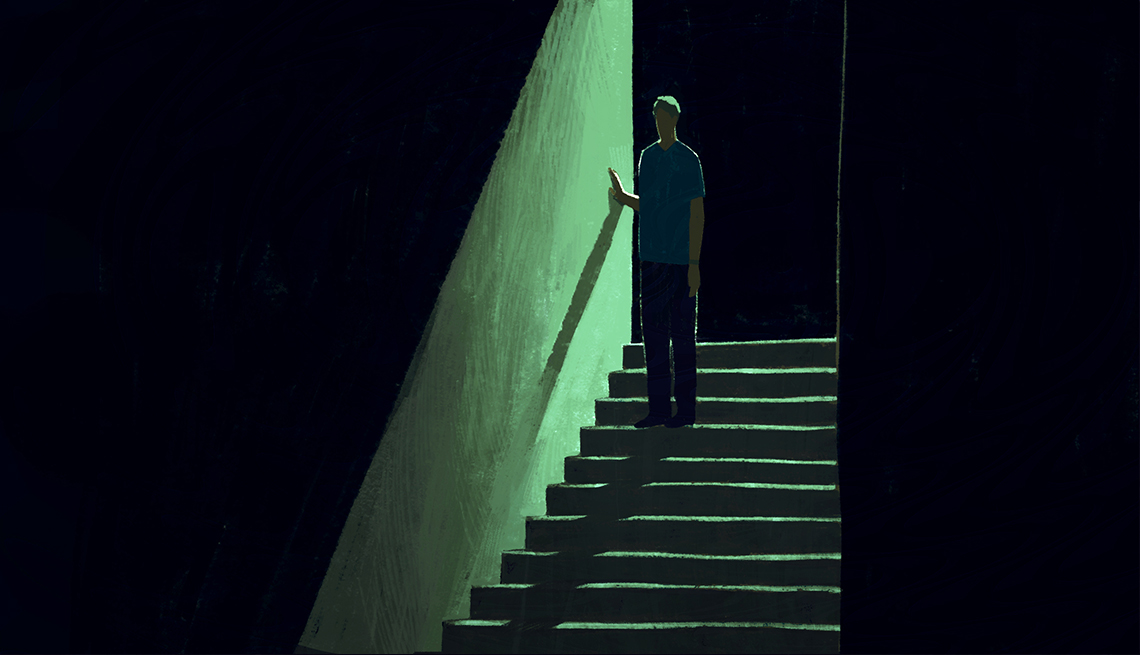
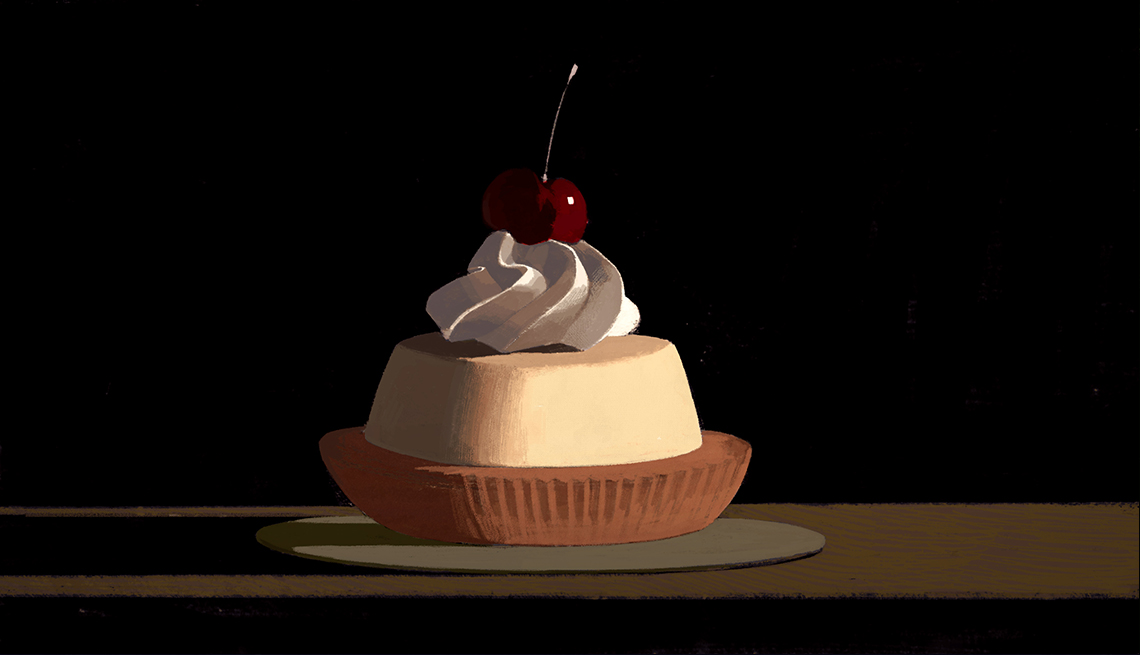



More From AARP
Free Books Online for Your Reading Pleasure
Gripping mysteries and other novels by popular authors available in their entirety for AARP members